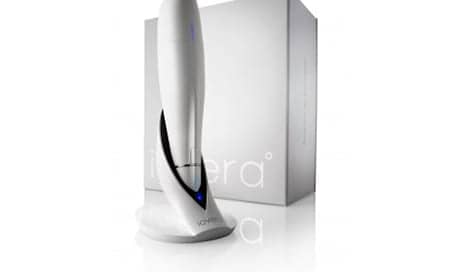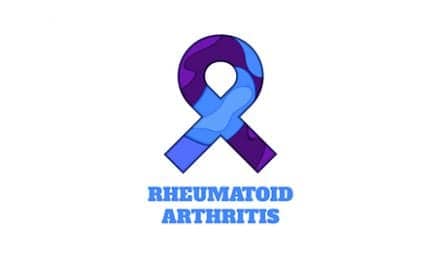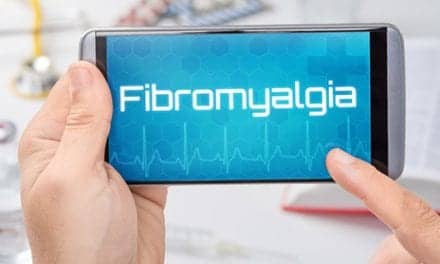Preliminary data suggests significantly reduced pain and opioid use among patients treated with cryoneurolysis prior to total knee replacement, Myoscience Inc suggests. The results are being presented at the 2019 American Academy of Orthopaedic Surgeons (AAOS) Annual Meeting in Las Vegas.
Myoscience’s FDA-cleared platform technology, the iovera° system, is designed to use cryoneurolysis to freeze nerves in the knee to deliver fast and immediate opioid-free pain relief with results that are sustained for up to 90 days. The system is placed via a simple outpatient procedure, according to the company in a media release.
“While knee replacement surgery is an effective option for relieving pain and restoring function for patients, concern has shifted to addressing how outcomes are negatively affected by the prolonged use of opioids,” says William Mihalko, MD, PhD, the study’s lead author, in the release.
“Cryoneurolysis with the iovera° system has made a measurable impact on pain relief, reduced patients’ use of opioids after surgery, and improved overall knee function. I am seeing my patients recover more quickly, with less pain. We are confident the progress demonstrated by the positive preliminary data presented [recently] is a strong indication for the final results of this clinical trial.”
In the Campbell Clinic Orthopaedics study, patients scheduled to undergo a primary TKA (n = 125) were randomized 1:1 to a control group or a cryoneurolysis treatment group. Both groups followed the same preoperative, intraoperative, and postoperative pain management protocols, except that the treatment group had the iovera° therapy administered to their superficial genicular nerves 3 to 7 days before surgery. All patients were prescribed 40 opioid pills at discharge, and pills were counted at 72 hours and at 2, 6, and 12 weeks postoperatively.
The iovera° system met preliminary primary and secondary endpoints, including:
- Daily morphine equivalent (DME), (primary endpoint, a measure taking of prescribed opioids based on pill count). DME was significantly lower at 72 hours (12.1 mg vs. 17.8 mg, p=0.014), six weeks (4.5 mg vs. 6.3 mg, p=0.025) and 12 weeks (2.3 mg vs 3.5 mg p=0.008) with an overall 35 percent reduction in the DMEs across the 12-week postoperative period in the iovera° treatment group.
- Opioid use. Patients who had iovera° therapy were far less likely to take opioids six weeks after surgery. The number of patients taking opioids six weeks after TKA in the control group was three times the number of patients taking opioids in the cryoneurolysis treatment group.
- Pain score. Patients in the iovera° treatment group demonstrated a significant reduction in pain scores from the baseline at 72 hours (0.59 vs. -0.60, p=0.021) and at 12 weeks (4.6 vs. 3.5, p=0.014).
“These data mark important progress in establishing iovera° therapy as a clinically validated alternative to opioids for patients recovering from total knee replacement,” states Timothy I. Still, president and CEO of Myoscience, in the release.
“This trial represents our commitment to developing innovative technologies that offer a safe and reliable option for people suffering from chronic knee pain. We are grateful to Campbell Clinic Orthopaedics for leading this effort and making this trial possible.”
[Source(s): Myoscience Inc, Business Wire]





